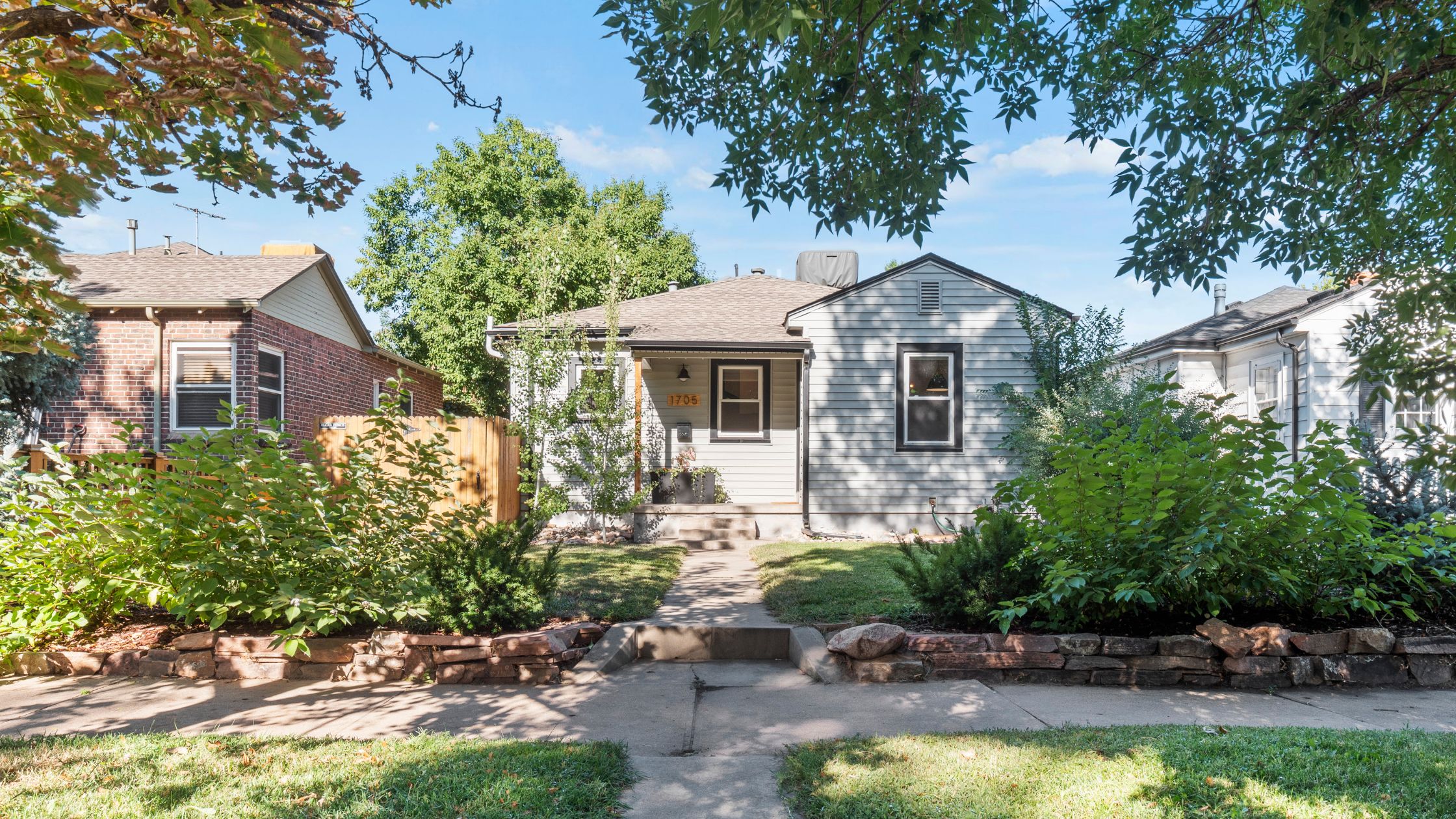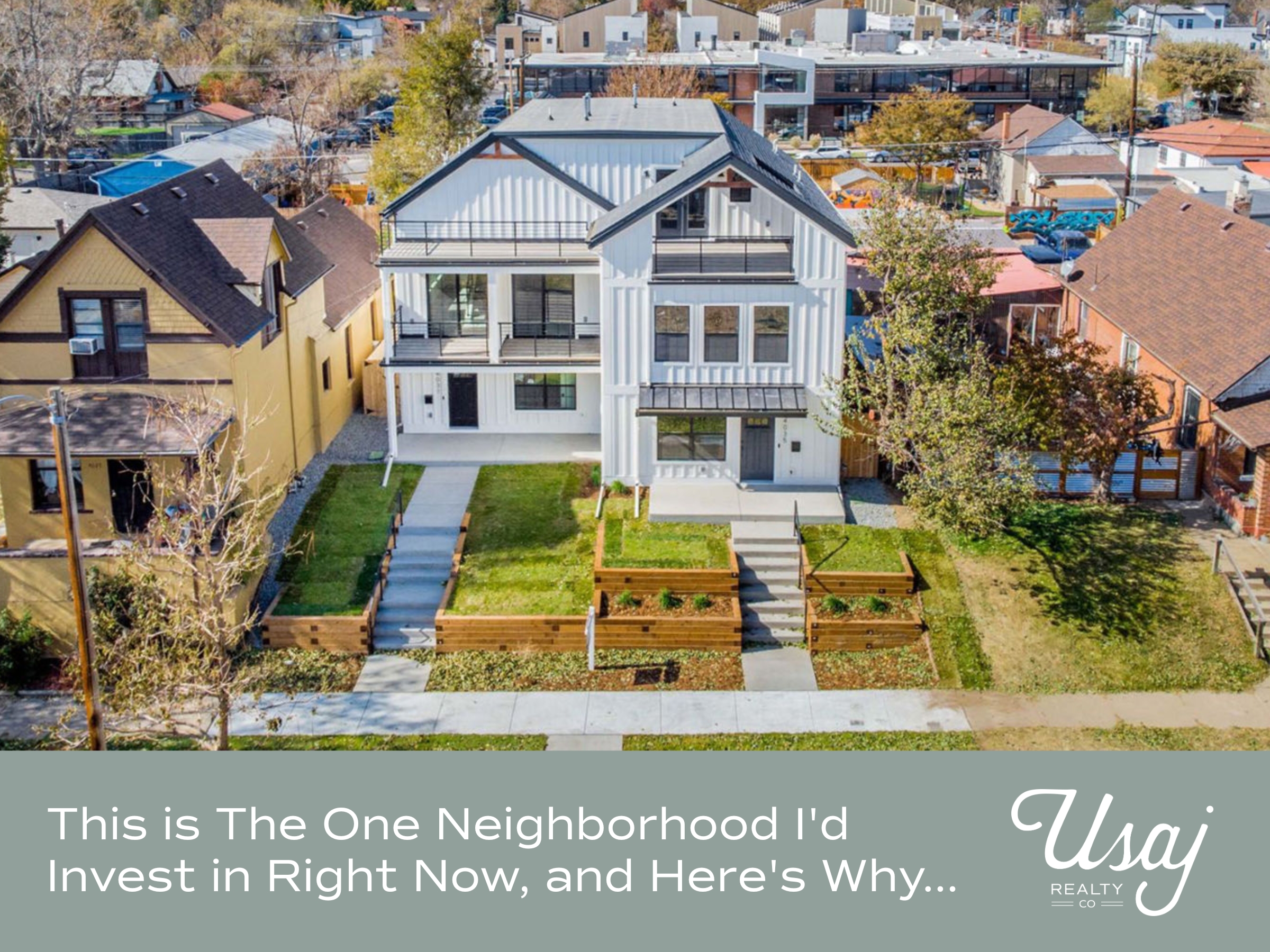What is the Difference Between Pre-Approved and Pre-Qualified?
Semantics mean everything in the world of loan approval. Take for example these two words that may seem similar but are in fact, worlds apart: pre-qualified and pre-approval. Don’t think one automatically lines you up for the other! So what is the difference between pre-approved and pre-qualified?
Getting approved for a mortgage is a much more arduous process than it used to be. In addition to your income, many parts of your life are examined. Credit scores became a mandatory requirement of mortgage applicants when Freddie Mac and Fannie Mae began mandating them in the mid-1990s.
Credit Scores are a Big Deal
According to an article by CNBC, FICO’s credit scoring models have evolved since 1989 to account for ever-changing consumer behaviors. Today, the scores range from 300 to 850, with higher scores indicating a greater likelihood that a consumer will pay back their loans in full and on time.
Your credit score is based on payment history, the amount owed on loans and credit cards, length of credit history, new credit, and your credit mix. Also, having other financial obligations like child support or alimony will also impact your credit score.
Before you even begin a home search, you should meet with several lenders to get an idea of your financial situation and whether or not you will be approved for a loan, and if so, what your best options will be. If you need to work on your credit score, lenders can provide the necessary information and steps you need to take to ultimately get approved.
Difference Between Pre-Approved and Pre-Qualified
The bottom line is that getting pre-approved carries much more weight than a pre-qualification. In most situations, home sellers will require pre-approval status before accepting an offer.
Pre-qualification is typically a more casual conversation that a buyer has with a lender when they begin initial discussions around their ability to purchase a home.
Typically a lender will ask you questions about your income, debts, and credit scores in order to determine, with broad accuracy, whether you may be qualified to obtain a loan of a certain amount. This helps a buyer to get a general idea of what they may be able to afford and often, is based on stated information from the borrower and typically not formally verified by the lender.
Pre-approval is a much more formal process.
Preapproval requires a more scrupulous examination of buyers’ qualifications and typically requires a hard credit pull to review scores and debts as well as proof of income/employment. As part of the pre-approval process, a buyer completes a loan application, and credit is pulled to verify debt obligations. Additionally, assets are verified, as well as income by reviewing pay stubs and/or verification of employment. A pre-approval gives a strong indication of a buyer’s creditworthiness and ability to borrow and allows for a specific approval up to a certain amount.
Regardless of whether it’s a buyers’ or sellers’ market, having a loan pre-approval is the best approach to securing a home. It signals to the home seller that you are interested in the home, committed to the process, and are able to secure financing. A home seller wants some assurance that once under contract, the likelihood of closing will happen.
Timeline for Securing the Loan
The process to get pre-approved for a loan can move very quickly if you have the appropriate documentation easily accessible. Typically, it can happen within a few days. As far as the timeline from contract to close, that is highly dependent on a number of factors including the type of loan and a certain buyer’s lending qualifications, the specific lender’s teams’ abilities, and the buyer’s/seller’s preferences. Generally, loans can close in as quickly as 12 days or so but much more often run around 30 days. When all is said, loans usually close within 25-35 days of going under contract.
If you are considering buying a home, Usaj Realty has many resources available to assist you in finding the home of your dreams. Please contact us here.




